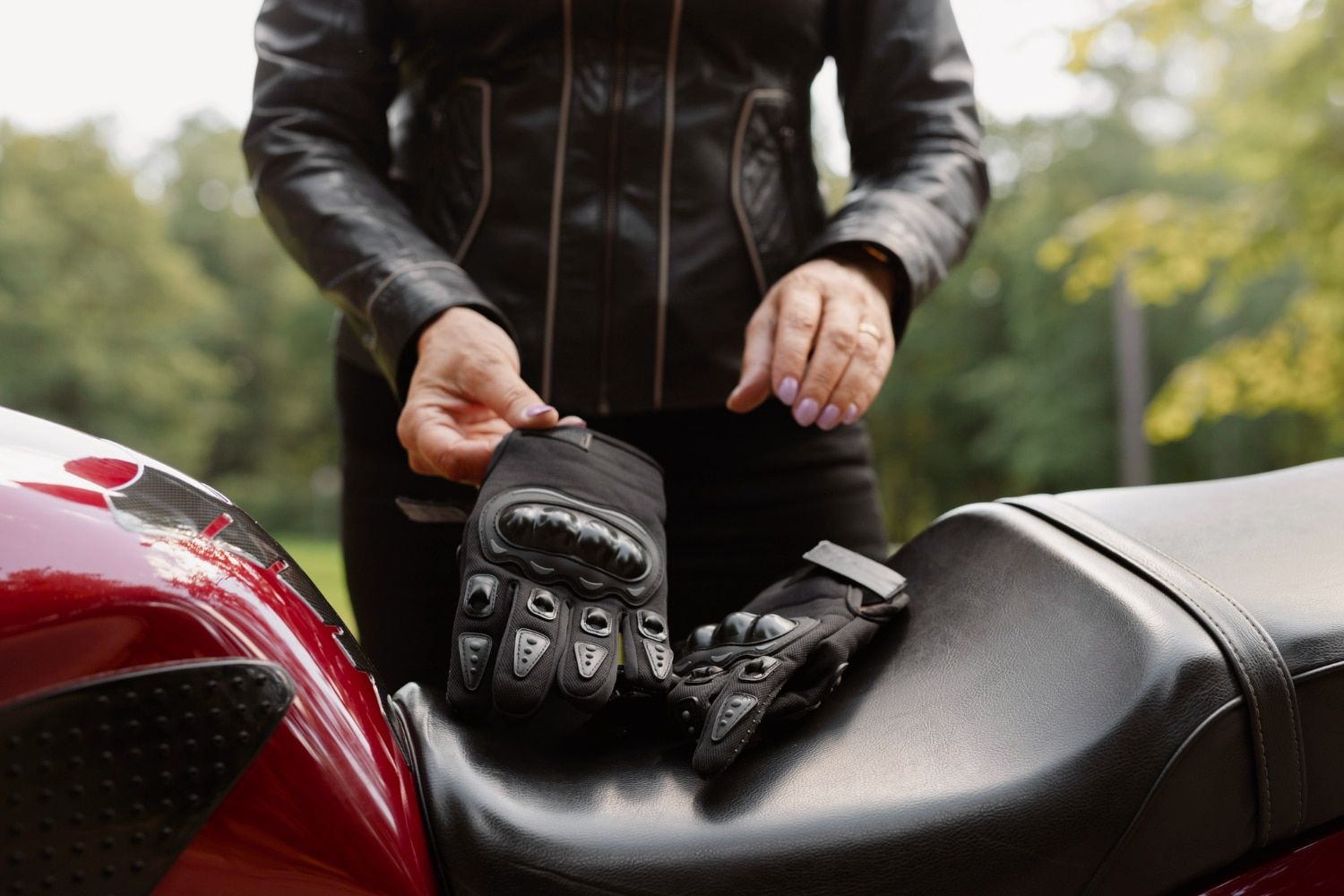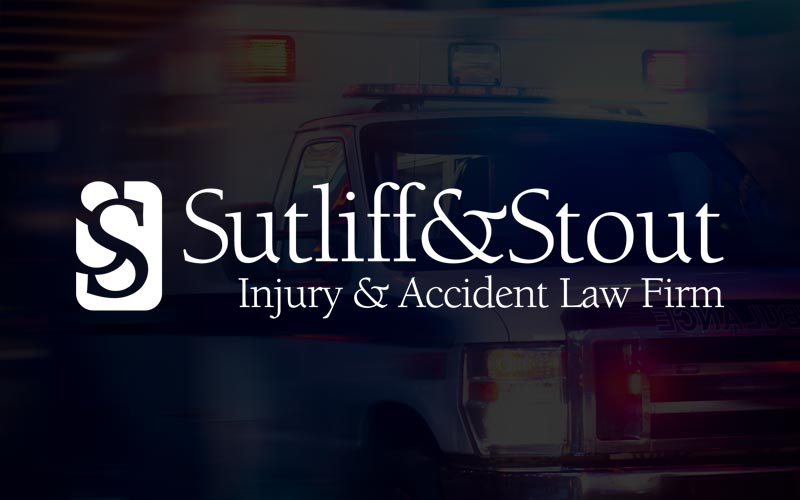
As Texas and the rest of the country struggles to contain and treat the increasing number of COVID-19 cases, we at Sutliff & Stout PLLC want to provide facts to our community to help keep everyone informed.
WHAT IS COVID-19?
COVID-19 is an acronym for Coronavirus disease 19.[1] It is a respiratory illness that appears to easily spread from person to person. Part of that is because no one has been exposed to COVID-19 in the past, so people do not have any immunity to the disease. The other part is that it appears to be able to spread through a variety of ways, including:
- Being in close contact with an infected person (less than 6 feet apart);
- Respiratory droplets from an infected person’s cough or sneeze;
- Touching a surface or object that has the virus on it;
- And transferring the virus to yourself through your own mouth, nose, or possibly eyes.
While the majority of people will be asymptomatic (meaning, they will show no symptoms even though they can infect someone else) or show mild symptoms, some experts say that about 4 in 10 adults have risk factors that increase their chance of having a serious illness.[2]
AGE AS A RISK FACTOR
The majority of adults that are at a greater risk of developing a serious illness are over the age of 60. Having an underlying medical condition increases the risk even more. There are approximately 76.3 million adults in the U.S.
On the other end of the spectrum, it appears based on the available evidence, that children have a lower risk of contracting COVID-19 and developing a serious illness.[3] However, there is not enough reliable information available yet to have definitive answers about how serious of a risk they are to everyone else by passing the virus on to adults.
UNDERLYING MEDICAL CONDITIONS AS A RISK FACTOR
Outside of the group of adults over the age of 60, younger adults with underlying medical conditions such as heart disease, cancer, chronic obstructive pulmonary disease (COPD), or diabetes should also exercise care when it comes to COVID-19. 29.2 million adults aged 18-59 are also at risk due to an underlying medical condition.
WHAT ARE THE SYMPTOMS OF COVID-19?
COVID-19 patients have had mild to severe respiratory illness with symptoms of:
- Fever;
- Cough;
- Shortness of breath; and
- In serious cases, pneumonia in both lungs, multi-organ failure and sometimes death.
Unfortunately, many of these symptoms overlap with symptoms that are also the result of other illnesses that are not COVID-19, such as influenza and the common cold. Please consult with a medical professional before jumping to the conclusion that you have COVID-19.
To make matters even more confusing, a person who is not showing symptoms can still spread the virus to others. It is currently estimated that a person may be infectious for 2 to 14 days after exposure but before symptoms show.[4] And again, there are those individuals who don’t ever show symptoms.
WHAT CAN I DO?
You may be hearing different advice depending on where you live in Texas. At this moment, each city and school district is implementing their own restrictions. At this point, our country is focused on trying to reduce the rate at which people get sick so that our healthcare facilities don’t become overwhelmed with the number of cases and so the most people can receive care if they do fall seriously ill. What experts are hoping to do is “flatten the curve”, or in other words, spread out the number of cases over a longer period of time.[5]
You have the ability to control your own behavior and do your part in flattening the curve. Experts overwhelmingly agree that everyone should engage in something called “social distancing”. Social distancing aims to keep healthy people away from sick people. In addition to social distancing, we should increase our basic hygienic habits to keep ourselves as healthy as possible. Here are the basic do’s and don’ts:
- DO avoid close contact (keep a distance of 6 feet or more from others);
- DON’T greet people with a handshake or a hug (waving from 6 feet away is totally acceptable);
- DO avoid large crowds (the White House recently advised that Americans should avoid social gatherings of more than 10 people);[6]
- DON’T travel unless it is absolutely necessary;
- DON’T leave your home unless it is necessary, especially if someone in your home has a risk factor or if you are sick;
- DON’T visit nursing homes or retirement or long-term care facilities unless you are providing critical assistance;
- DO wash your hands for at least 20 seconds or use hand sanitizer if you are unable to wash your hands as often as possible, especially after being outside the home or touching something that has been outside your home (here is a handy guide on proper handwashing technique);[7] and
- DON’T touch your face to avoid transmitting the COVID-19 virus to yourself.[8]
If you are sick, whether you think it is from COVID-19 or something else, please call your doctor before making a trip to the doctor’s office or emergency room. You do not want to unnecessarily expose yourself or others to COVID-19 unless it is absolutely necessary.[9]
References
- https://www.cdc.gov/budget/documents/covid-19/COVID-19-Global-Response-fact-sheet.pdf ↑
- https://www.kff.org/global-health-policy/issue-brief/how-many-adults-are-at-risk-of-serious-illness-if-infected-with-coronavirus/ ↑
- https://www.healthline.com/health/coronavirus-incubation-period#incubation-period ↑
- https://www.usnews.com/news/healthiest-communities/articles/2020-03-18/coronavirus-how-social-distancing-can-flatten-the-curve ↑
- https://www.usatoday.com/story/news/health/2020/03/16/coronavirus-live-updates-us-death-toll-rises-cases-testing/5053816002/ ↑
- https://www.who.int/gpsc/clean_hands_protection/en/ ↑
- https://www.cdc.gov/respiratory-viruses/prevention/precautions-when-sick.html#cdc_prevention_pre-steps-you-can-take ↑
- Bicycle Accident Compensation: What You Need To Know - July 3, 2025
- Understanding Wrongful Death Compensation in Texas: Types and Eligibility - June 15, 2025
- Understanding Car Accident Court Cases - June 2, 2025








 (713) 405-1263
(713) 405-1263  550 Post Oak Blvd, Suite 530
550 Post Oak Blvd, Suite 530